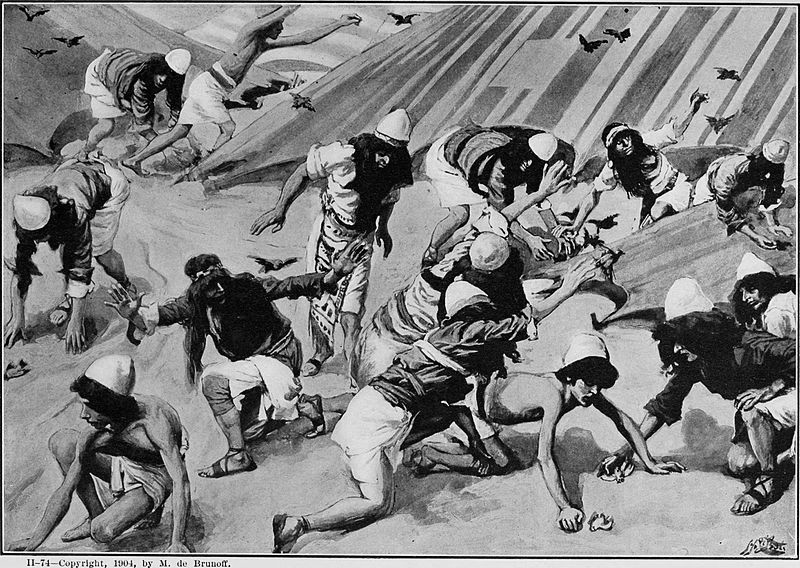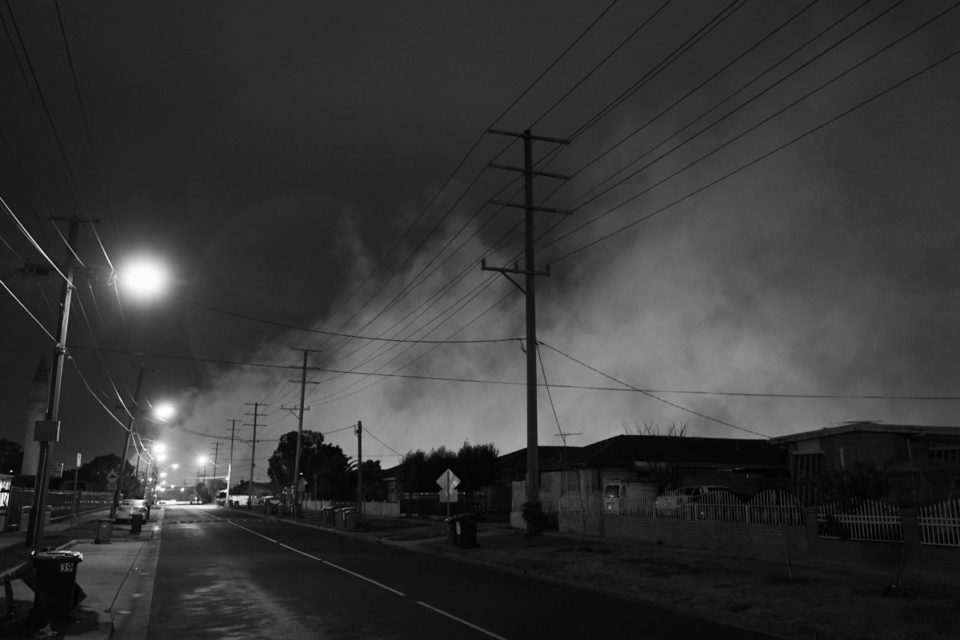I’ve been away – profoundly so: atop parched hills I’ve sat with bearded priests discussing ancient religious mysteries, and in post-Soviet capitals built monumentally from pink tufa, I’ve watched crowds gather to watch floodlit musical fountains. I’ve driven, walked, planed, trained and swum – but now I’m on the Eurostar train from Paris to London, on my final leg home, and my mind is preoccupied by one thing alone: when I emerge, blinking, from Stockwell tube station, will Simeon be there to meet me?
Simeon – or, as he sometimes styles himself, Zebulun – is a feature of my neighbourhood. A stocky, African-Caribbean man, with lank dreadlocks, a mouth full of gaps and the occasional gold crown, he’s often to be seen cycling around the flat streets on a semi-defunct mountain bike – but mostly he sits on an old milk crate outside the tube station, smiting a battered acoustic guitar. ‘Hammanaahhh, yaaah, hammanah-yaaah!’ Simeon sings, while Zoing! Boing! Doing! yowls the guitar. Simeon’s music is as discordant as his discourse, and as unrelenting.
I’ve known of Simeon for over a decade, but up until the last year my only interactions with him concerned Vanessa, the crackhead with whom he used to share a flat around the corner from my gaff, above the offices of some weird African Christian publishing outfit.
If Simeon could be described – in the contemporary euphemistic way of the liberally non-judgmental – as having ‘mental health problems’, then Vanessa is as crazy as a snake. If you’re spotted, Vanessa will come lurching diagonally across the road, and somehow manage to corner you. She wants money – of course: the social services refuse to help her, she has two young children – one a baby; the baby is starving – starving! All she needs is £5 to get the baby some formula… Please… the baby is starving…
On one particularly deranging occasion, instead of palming her off with a coin, I challenged Vanessa: “Listen, I’m not sure I believe you about the baby, Vanessa…” Whereupon she yanked up her filthy sweat shirt to expose her withered breast, and pulled at the long pink-brown teat, trying to prove she was lactating. Shortly after that I bearded Simeon about her: but despite having seen him emerge from the flat several times, he denied any knowledge of his fellow-occupant – let alone her children.
Instead, he told me I was ill with a blood condition – and that I should refrain from eating fish, or wearing the colour pink. He was right about the maladie du sang – I have a condition called Polycythemia Vera (I know, I know – it sounds like a cross between a Greek god and Cockney pub landlady, but what can you do?), so I was impressed by Simeon’s second sight – still more so, when from memory he quoted verses from the Book of Judges: “Out of Ephraim was there a root of them against Amalek; after thee, Benjamin, among thy people; out of Machir came down governors, and out of Zebulon they that handle the pen of the writer…”
Since then I’ve become the recipient of a lot more of his Bible studies, and his unique patter: a mangling together of the prophetic, the homiletic and the diagnostic that’s delivered while he grips my sleeve, and stares fanatically into my face like some latter-day and landlocked ancient mariner. The dietary and sartorial advice I feel less inclined to follow – not that I favour either puce or fuchsia when it comes to my suiting, although I am a practising pescatarian.
Phil, who used to beg underneath the ATM on the opposite side of the road says Simeon is both psychotic and violent – but the accuracy of the guitar-man’s Biblical quotes in my view tells against this word-stream being schizophrenese. Rather, I sense in Simeon a deep and enduring fracture, one that’s broken his once fine mind. Anyway, the point surely is this: with contemporary Inner-London a deeply divided and traumatised place, who could be better to welcome one home?






